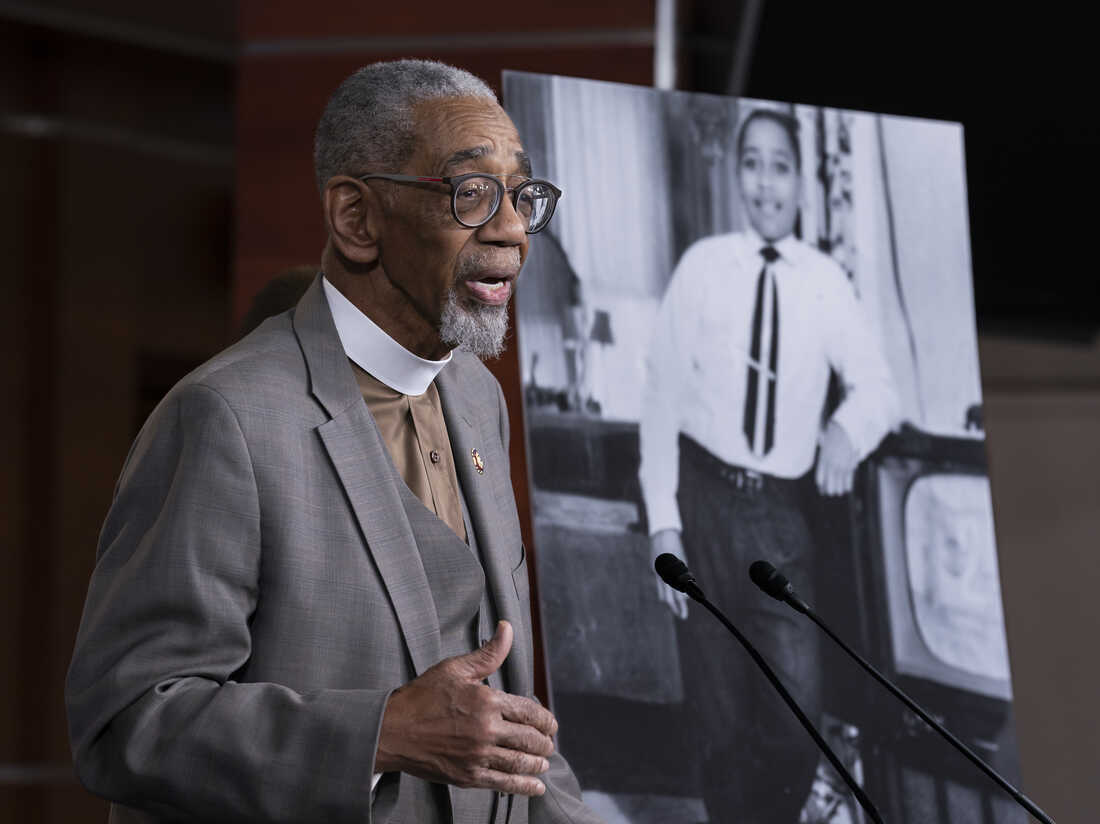(Akiit.com) On March 16, 1922, George Tompkins was found hanging from a small tree in Riverside Park. Tompkins was just 19 at the time. His hands were tied behind his back, and the coroner confirmed the impossibility of Tompkins hanging himself. However, “suicide” was written on his death certificate.
On March 12, just days before the centennial anniversary of Tompkins’ lynching, the Indiana Remembrance Coalition will unveil and dedicate a headstone in his honor. The ceremony will be 11 a.m.-12:15 p.m. at Floral Park Cemetery, 425 N. Holt Road.
I thought about Tompkins when the Senate on March 7 unanimously passed the Emmett Till Antilynching Act to make lynching a federal hate crime. In February, the House approved the bill by a 410-3 vote. Finally. The first attempt to pass an anti-lynching bill occurred in 1900, and such bills have failed to pass about 200 times. George Henry White, a Republican from North Carolina and the country’s only Black member of Congress, introduced the first bill, which failed to pass in committee. Rep. Leonidas C. Dyer, a Republican from Missouri, later picked up the mantle and introduced an anti-lynching bill, which passed the House but was filibustered by Southern Democrats in the Senate. The reason behind the opposition were two words we hear all too often: states’ rights.

The Emmett Till Antilynching Act, named after the 14-year-old Black boy who was brutally tortured and murdered in Money, Mississippi, was introduced by Rep. Bobby L. Rush, a Democrat from Illinois, Sen. Cory Booker, a Democrat from New Jersey, and Sen. Tim Scott, a Republican from South Carolina.
According to the Equal Justice Initiative’s Lynching in America website, “More than 4,000 African Americans were lynched across twenty states between 1877 and 1950.” I’m willing to bet money that the number is much higher. Those are the lynchings we know about, remember and are documented. However, there are countless lynchings that are long forgotten and unknown to those living today. Lynchings that were covered up. Lynchings like Tompkins. According to Rush’s office, 99% of perpetrators escaped state or local punishment.
The bill establishes lynching as a hate crime, punishable by up to 30 years in prison.
Again, I say: finally. Lynching has been a way to terrorize and control Black people for centuries. Another reminder that our bodies are not are own; that one day someone or a group of someones could snatch up anyone at any second for any number of real or imagined offenses. When I think about lynching, I can’t help but think about its brutal and sadistic nature. It’s one thing to kill someone, but it’s another thing to take pleasure in inflicting a painful, slow death. I think of those postcards where white families enjoyed picnics while a Black man hung from a tree. I’m reminded of how this country has historically valued Black life so little.
While I’m glad a bill is on its way to be signed by a sitting president of the United States, I find it quite disturbing that it took so long to get there. What were people against? The state allowing them to treat their “coloreds” and “negroes” worse than an animal? The argument of states’ rights doesn’t sit well with me. Those two words are triggers. If you know anything about history, you already know why this is so. Southern states didn’t want the federal government interfering with the Southern way of life. Often law enforcement was involved in the lynchings. At the very least, they turned a blind eye. Judges allowed the murderers to escape prison time. Black people feared speaking up and out for fear they’d be the next victim. So when I hear states’ rights, I think of the lack of rights for Black people. States’ rights trumps Black people almost every time.
In 2020, Sen. Rand Paul, a Republican from Kentucky, voted against an earlier version that had bipartisan support because the bill could “‘conflate lesser crimes with lynching’ and that it would allow enhanced penalties for altercations that resulted in only ‘minor bruising,’” according to the Washington Post. Insert a deep sigh and eye roll here. This is so very Rand Paul. However, changes to the bill and the inclusion of the words “death or serious bodily injury” satisfied Paul, so I won’t be too hard on him — this time.
This bill comes too late for Tompkins, Till and the thousands of other Black Americans killed by lynching, and it may not be a deterrent from someone killing a Black American, but my hope is it will ensure perpetrators are punished to the fullest extent of the law.
Columnist; Oseye Boyd
Official website; https://twitter.com/thequeenoseyeb









Leave a Reply